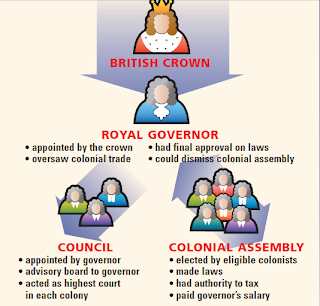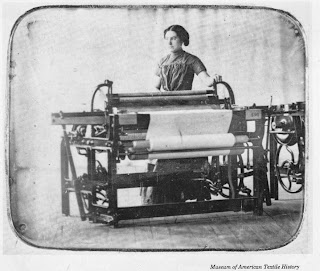Within 100 years of each
other, the United States and many Latin American countries, including Haiti,
declared independence from their colonial powers. All of these revolutions involved
major political change and the ones in Latin America also involved social and
economic changes. The United States was better prepared for independence than
the Latin American countries that followed it because it had more political
experience and less racial tensions than the Latin American countries.
In many Latin American countries, there was great racial
tension prior to their revolution and it made independence more difficult. In
Haiti, in 1789, approximately 90 percent of the population was enslaved and
half of the free population was non-white. For Haiti, abolishing slavery was
the main reason for seeking independence and in doing so Haiti received major
social change along with political change. Since Haiti’s entire economy
depended on free slave labor, Haiti also had to undergo economical change after
the revolution. All of these changes are much harder to handle than just the
political changes that the United States underwent so it was much harder for
Haiti to be prepared for independence than it was for the United States. Not
only were there major changes that needed to happen when Haiti achieved
independence, the colored and white populations did not get along well. In a
primary source about the slave rebellions it is written that “the carnage that
the slaves wreaked in northern settlements, such as Acul, Limbé, Flaville, and
Le Normand, revealed the simmering fury of an oppressed people.” Years of
oppression under slavery made the slaves hate the whites and seek revenge. The
white population was no better and “reprisals against nonwhites were swift and
every bit as brutal as the atrocities committed by the slaves.” All of this
fighting is a clear sign that the slaves and whites did not get along and it is
even harder to fight a revolution and create a new country when the inhabitants
hate each other and will not work together. In the United States, none of these
problems existed. The slave population always remained the minority throughout
the United States. Also, neither slavery or racial questions were ever at issue
between Britain and America at the time of the Revolution.” At the time of the
revolution, people did not even consider abolishing slavery or giving rights to
colored people. Because of this, it did not play a role in the revolution and
provided one less complication. In the United States pursuit of independence, the
people were united and only focused on political change while it was much
harder in Latin America, especially Haiti, because of the racial division and
larger goals of revolution.
The United States also had more political experience than
the Latin American countries. In Latin America, the colonies had little say
over their own government. Most important offices in the governing of the
colonies were located in Spain and occupied by people who had never been to the
colonies. Also, political office could only be held by Pennisulares. The government
in Spain “regulated trade, appointed officials, made laws, and determined who
should be allowed to emigrate.” The colonists and natives had very little say
in making laws. In the 13 colonies, the people were able to participate in the
government. The colonists were able to be elected to the colonial assembly
which made the laws of the colony. While the assembly was under the control of
the governor and had little actual power, it gave the colonists some experience
in running a government and “North Americans had developed largely autonomous
economics and policies.” This experience made it much easier for the colonists
to set up their own government after they achieved independence. The colonists
were already doing the day to day job of the government and making most of the decisions
so the transition was much less drastic than in Latin America where the people
had barely had any involvement in or experience with the government. The United
States was better prepared for independence than Latin America because it knew
how to run a government.






